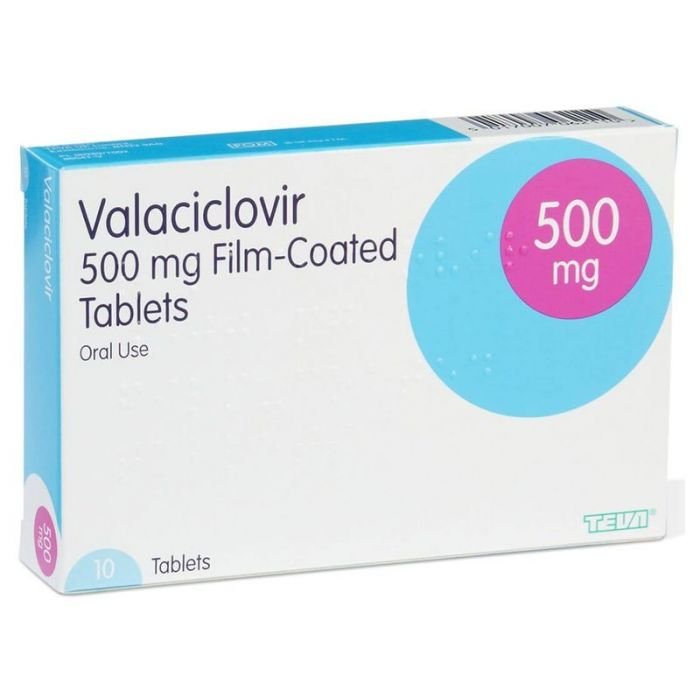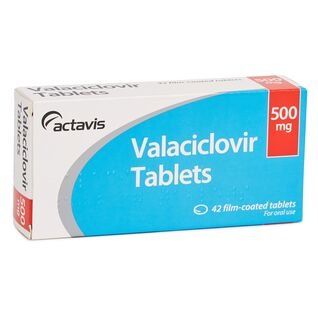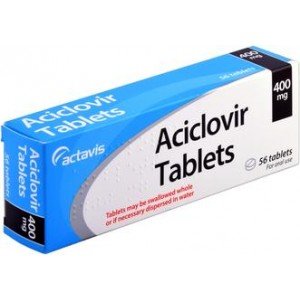What is Valaciclovir?
Valaciclovir belongs to a group of medicines called antivirals. Functioning as a sexual health treatment medication, it works by stopping or stopping the growth of viruses called herpes simplex (HSV), chickenpox zoster (VZV), and cytomegalovirus (CMV).
Valaciclovir can be used to: valaciclovir para que sirve
- Treat herpes zoster (in adults).
- Treat HSV infections of the skin and genital herpes (in adults and adolescents over 12 years old). It is also used to prevent these infections from coming back.
- Treat fever (in adults and adolescents over 12 years old).
- Prevent CMV infection after organ transplants (in adults and adolescents over 12 years old).
How does it work?
What are the benefits of taking it?
How do I use it and its dosage?
Always use this medicine exactly as your doctor has told you. In case of doubt, check with your doctor or pharmacist again.
The dose you should take will depend on what your doctor has prescribed Valaciclovir for. Your doctor will prescribe the appropriate dosage.
Herpes zoster treatment
The usual dose is 1,000 mg (one 1,000 mg tablet or two 500 mg tablets) three times a day.
You must take Valaciclovir for seven days.
Treatment of fever
The usual dose is 2,000 mg (two 1,000 mg tablets or four 500 mg tablets) twice a day.
The second dose should be taken 12 hours after the first dose (not earlier than 6 hours).
You should take Valaciclovir Almus only for one day (two doses).
Treatment of HSV infections of the skin and genital herpes
The usual dose is 500 mg (one 500 mg tablet or two 250 mg tablets) twice a day.
For the first infection, you should take Valaciclovir for 5 days or up to 10 days if your doctor tells you to. For recurrent infections, the duration of treatment is usually 3-5 days.
Prevention of recurrent HSV infections once you’ve had them
The usual dose is one 500 mg tablet once a day.
Some people with frequent recurrences may benefit from taking one 250 mg tablet twice daily.
You should take Valaciclovir until your doctor tells you to stop treatment.
To avoid infection with CMV (cytomegalovirus)
The usual dose is 2,000 mg (two 1,000 tablets or four 500 mg tablets) four times a day.
You should space the dose every 6 hours.
You will usually start taking Valaciclovir as soon as possible after surgery.
You should take Valaciclovir for about 90 days after surgery until your doctor tells you to stop treatment.
Your doctor may adjust the dose of Valaciclovir if:
- you are over 65 years old
- have a weakened immune system
- have kidney problems
Method of use and/or route of administration
Take this medication by mouth.
Swallow the tablets whole with a glass of water.
Take Valaciclovir at the same time each day.
Take Valaciclovir as directed by your doctor or pharmacist.
Side effects & precautions
Like all medicines, this Genital Herpes treatment medication can cause side effects, although not everybody gets them.
Serious adverse reactions (anaphylaxis). These are rare in people taking Valaciclovir.
The rapid development of symptoms, including:
- Rash with flushing, itching
- Swelling of the lips, face, neck, and throat, causing difficulty breathing (angioedema)
- Drop-in blood pressure leading to collapse
- If you have an allergic reaction, stop taking Valaciclovir and see a doctor immediately.
The following section details the known Valaciclovir side effects and their frequency:
Very common (may affect more than 1 in 10 people):
- Headache
Common (may affect 1 to 10 users in 100)
- Sickness
- Dizziness
- Vomiting
- Diarrhea
- Skin reactions after sun exposure (photosensitivity)
- Eruption
Uncommon (may affect 1 to 10 users in 1,000):
- Difficulty breathing (dyspnea)
- Stomach ache
- Rash, sometimes itchy, hives (hives)
- Low back pain (kidney pain)
Uncommon side effects may show up in your blood tests:
- Reduction in the number of white blood cells (leukopenia)
- Reduction in the number of platelets that are cells that help the blood to clot (thrombocytopenia)
- Increase in substances produced by the liver
Rare (may affect 1 to 10 users in 10,000):
- Kidney problems that make you urinate little or not urinate.
Very rare (affects less than 1 in 10,000 people):
Nervous system disorders
- Agitation
- Confusion
- Tremor
- Difficulty of movement
- Difficulty speaking
- Confusion or imagination of things (hallucinations)
- Seizures
- Drowsiness
- Encephalopathy (alteration in the brain)



